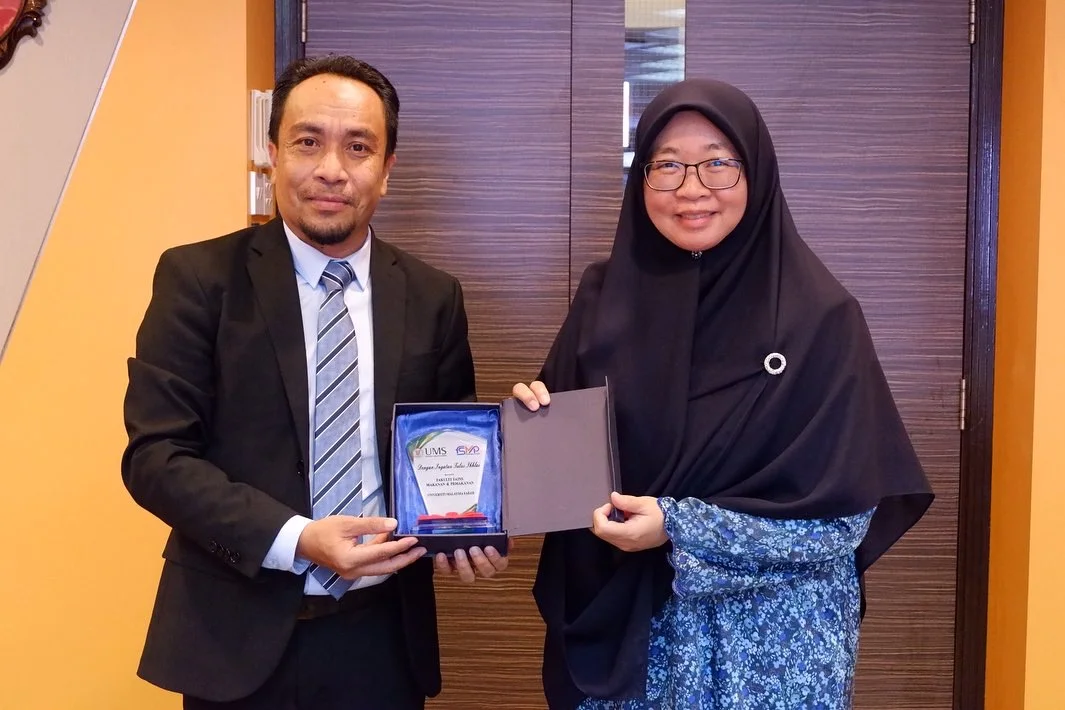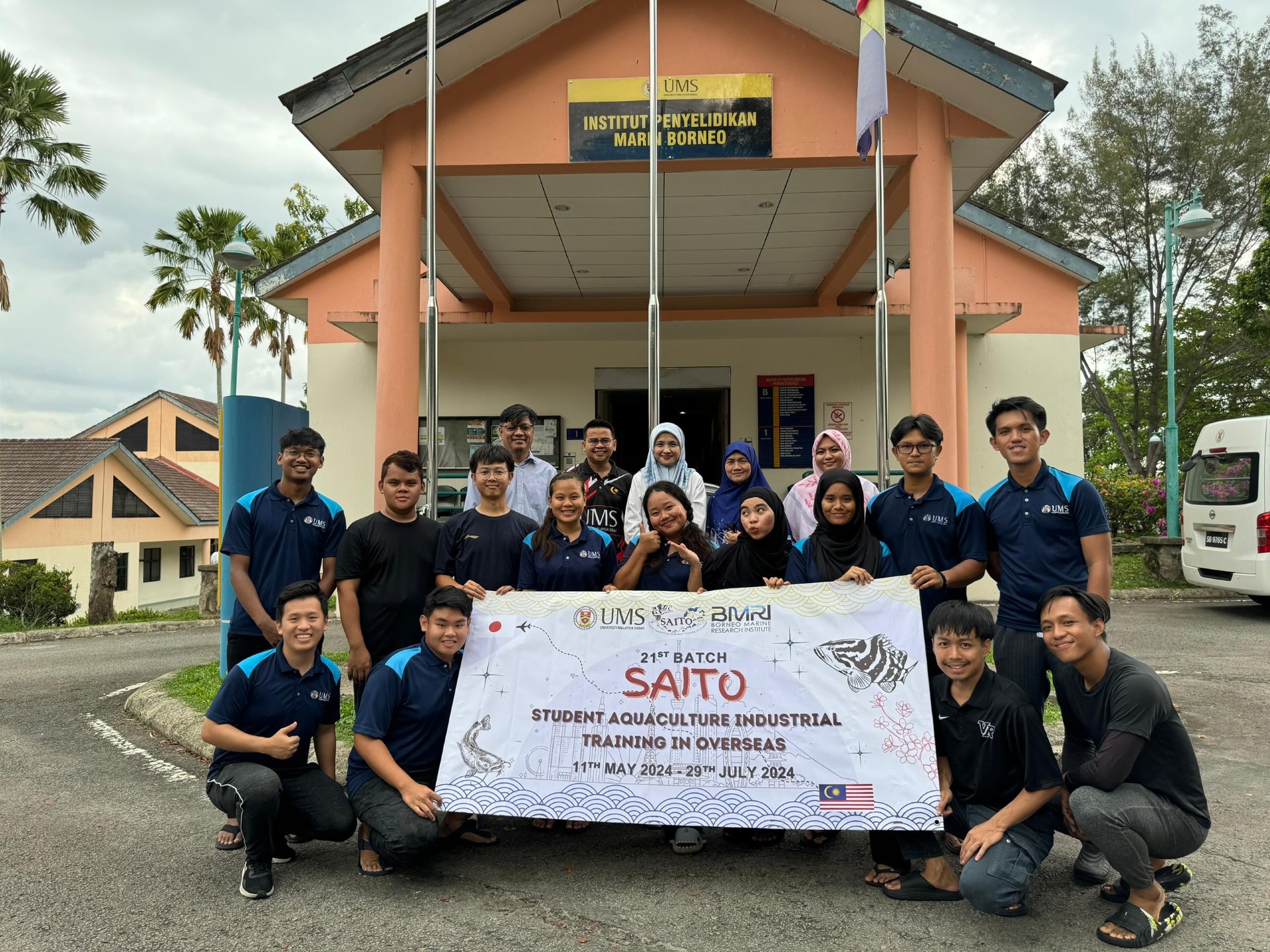
Universiti Malaysia Sabah (UMS) is exploring opportunities for collaboration in food science and technology to address issues related to food security in Borneo.
Its representatives discussed such collaborations during a recent visit to Universiti Teknologi Brunei’s (UTB) School of Applied Sciences and Mathematics (SASM).
UMS Faculty of Food Science and Nutrition (FFSN) dean Associate Prof Dr Hasmadi Mamat said the collaboration will be coordinated by UMS’ Food Safety Research Laboratory and UTB’s Centre for Research on AgriFood Science and Technology (CrAFT) to conduct related research.
In addition, both parties were keen on a proposal to establish student and staff mobility programmes between the universities.
"A comprehensive discussion on this will be conducted and (the structure) refined soon," he said on Wednesday (May 22), adding that the visit was also conducted to fulfil international accreditation requirements set by the Institute of Food Science (IFT) and the International Union of Food Science and Technology (IuFOST).
Meanwhile, UTB deputy vice-chancellor (academic) Dr Ena Kartina Abd Rahman said the collaboration is necessary to address critical issues of food security.
"In line with the memorandum of understanding signed between UTB and UMS in 2020, cooperation in food safety and nutrition is important to assist the community, especially in the Borneo region," she said.



 A group of 13 final year Aquaculture Degree Program students from Universiti Malaysia Sabah (UMS) have embarked on a unique industrial training programme, Student Aquaculture Industry Training Oversea (SAITO) which allow them to have opportunity to industry training in Japan.
A group of 13 final year Aquaculture Degree Program students from Universiti Malaysia Sabah (UMS) have embarked on a unique industrial training programme, Student Aquaculture Industry Training Oversea (SAITO) which allow them to have opportunity to industry training in Japan.
 The Ministry of Health (MOH) aims for zero new local leprosy cases by 2030.
The Ministry of Health (MOH) aims for zero new local leprosy cases by 2030. A team of researchers from the Institute of Tropical Biology and Conservation (ITBC), Universiti Malaysia Sabah (UMS) and Sabah Parks made a thrilling discovery on Mount Kinabalu in late 2023 when they rediscovered the critically endangered Mesilau Stream Toad (Ansonia guibei).
A team of researchers from the Institute of Tropical Biology and Conservation (ITBC), Universiti Malaysia Sabah (UMS) and Sabah Parks made a thrilling discovery on Mount Kinabalu in late 2023 when they rediscovered the critically endangered Mesilau Stream Toad (Ansonia guibei).